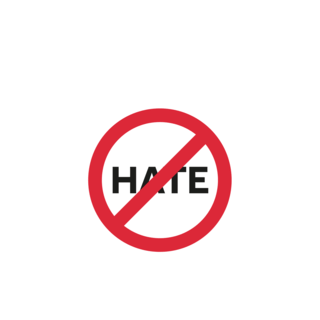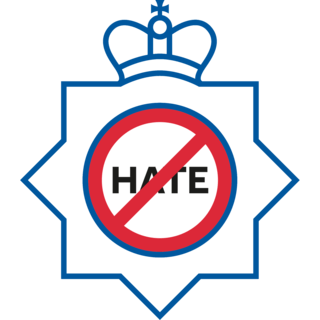Learning disability and autism pages >>
What is disability hate crime?
Disability hate crimes and non-crime incidents are acts which target a victim because of the offender's hostility to a disabled person or disabled people in general.
So any incident or crime which is perceived by the victim to be a disability hate crime will be recorded as such. If the offender is to have a sentence enhanced by the court, then prosecutors must provide evidence to prove that hostility, but such proof is not required for recording purposes.
Hate crimes can be committed against a person or property.
You can see the UK shared definition of 'Monitored Hate Crime' here
Disability
The Equality Act, 2010 (EA) generally defines a disabled person as someone who has a physical or mental impairment that has a substantial and long-term adverse effect on his or her ability to carry out normal day-to-day activities.
The EA includes special rules that ensure that people with HIV, cancer and multiple sclerosis are deemed to be disabled people effectively from the point of diagnosis, rather than from the point when the condition has some adverse effect on their ability to carry out normal day-to-day activities.
How can I report an incident?
Details on how to report an incident and what you can report is available on the 'Report a hate crime' page.
You may also be able to report incidents through the organisations listed on this website on the 'Organisations that can help' page.
By reporting it, you may be able to prevent these incidents from happening to someone else.
Disability hate crime: A guide for carers and supporters
The Police and their partners at the charity, Dimensions have produced a guide for people who support disabled victims. The guide gives lots of information to help keep people safe including how to spot signs of abuse and how to support the victim to get the service they are entitled to to prevent future abuse. You can download the guide here or get physical copies by contacting us.
How will the police and CPS treat disability hate crime?
The police and other criminal justice agencies consider all hate crime to be very serious, including disability hate crime. When a case is prosecuted, the courts can impose a stronger sentence under powers from Section 66 of the Sentencing Act 2020. This reflects the priority placed on these crimes. The Police have performance targets and measures in place to ensure the service they offer is of the highest standard.
The Crown Prosecution Service (CPS) is the organisation that takes cases through the court system. They have produced guidance on Racist and Religious Hate Crime that is available on the 'Prosecuting hate crimes' page of this website.
CPS Best Practice Guidance
The CPS has issued Best Practice guidance on Investigating and Prosecuting Disability Hate Crime. It follows a period of engagement with disabled people, academics and police colleagues.

